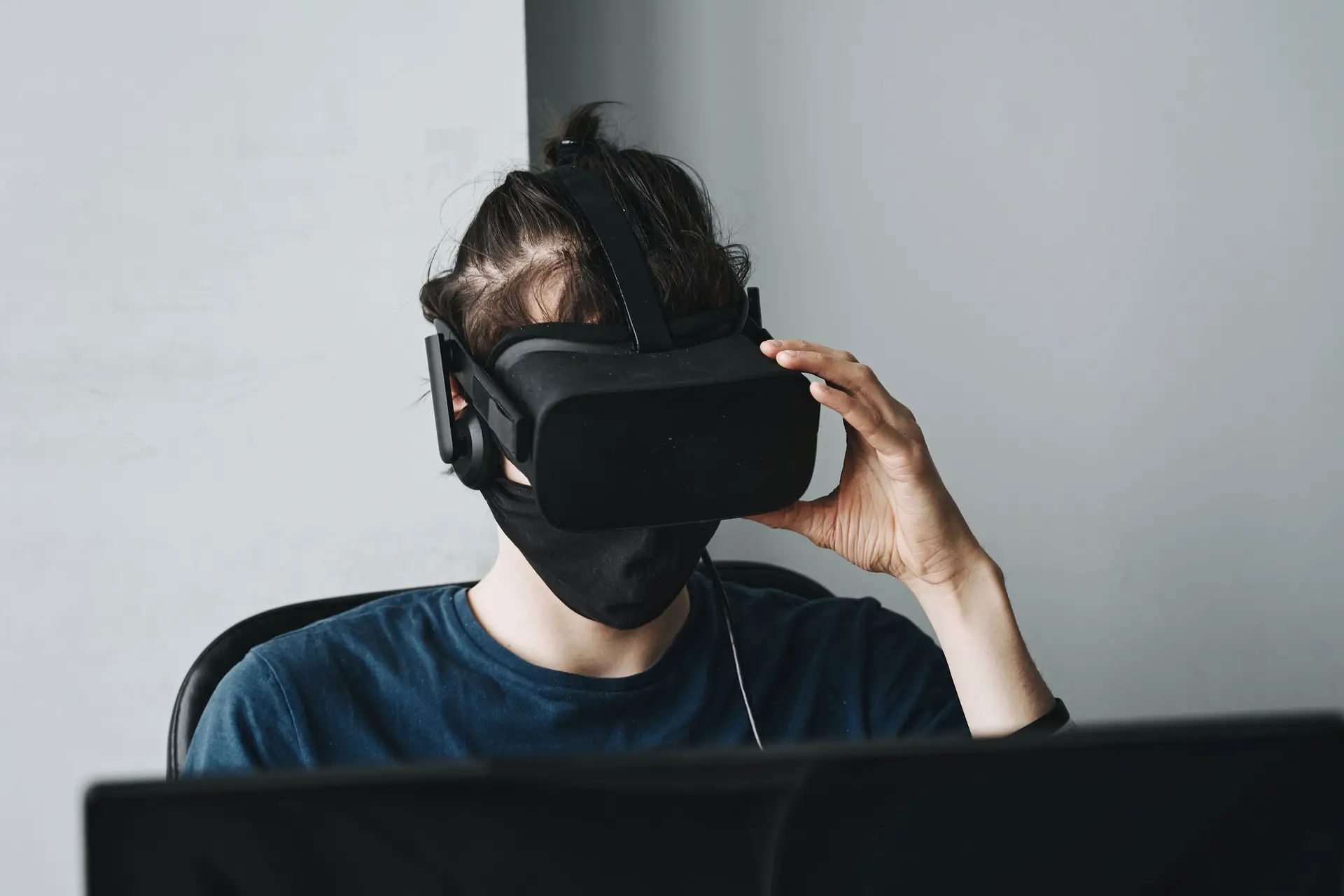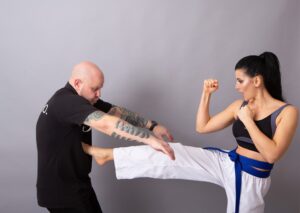Experiencing the sense of being immersed in another era or a different realm goes way back before the existence of VR headsets. The origin of the idea can be dated back to an ancient art form, theater, which hasn’t diminished in terms of prominence even now.
“As a set designer, I would think about experiences that are recreating augmented reality, essentially,” said Brave Williams, an associate professor at Husson University in Maine. “It is an augmentation of reality that has been done for thousands of years.”
And now, Williams is playing an enormous role in enabling his institution to go beyond Shakespeare’s famous line that said, “all the world’s a stage.”
The professor is helping Husson launch a first-of-its-kind bachelor’s degree program in extended reality. The program’s initiation happened back in 2016 when Husson received an anonymous $1 million donation to support the exploration and development of virtual reality. The university founded the iEX Center on campus, a hub for extended reality research and learning, through the donation.
Even before the university received the donation, Williams had been exploring the potential of interactive media within his set design courses. The donation pushed him to dig further into the extended reality space.
“I’ve been researching, going to conferences—sucking in everything I could, reading everything I could, watching everyone I could,” said Williams, who is now the director of the iEX Center.
Husson began working on a series of courses in extended reality in 2018. One of them is now being used as an introductory course for high school students, available online. Next came the multiple-course certificate program designed for professionals who want to integrate XR into their work. Finally, the university has come up with a full-degree program combining math, coding, communications, design, and deploying tools such as iPads, projectors, and VR goggles.
“The [extended reality] industry is moving very fast, but very few people have been able to keep up with understanding it and applying it in a useful way. That’s a real, big problem,” Williams added. “We are creating students that can go into a school district and help them, or go into a company and help them understand it’s not as hard as they think.”
Follow us on LinkedIn
Read other Articles





